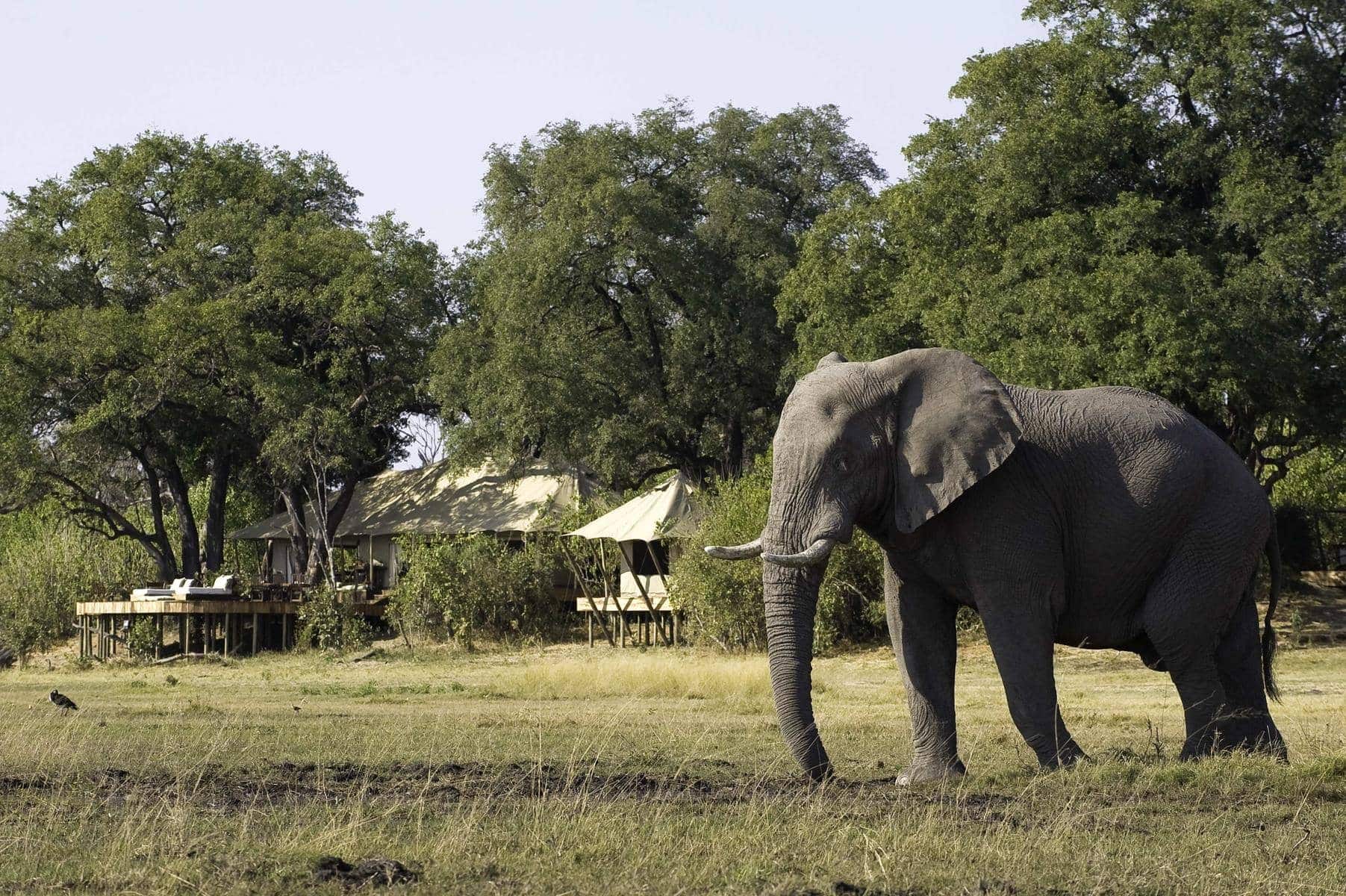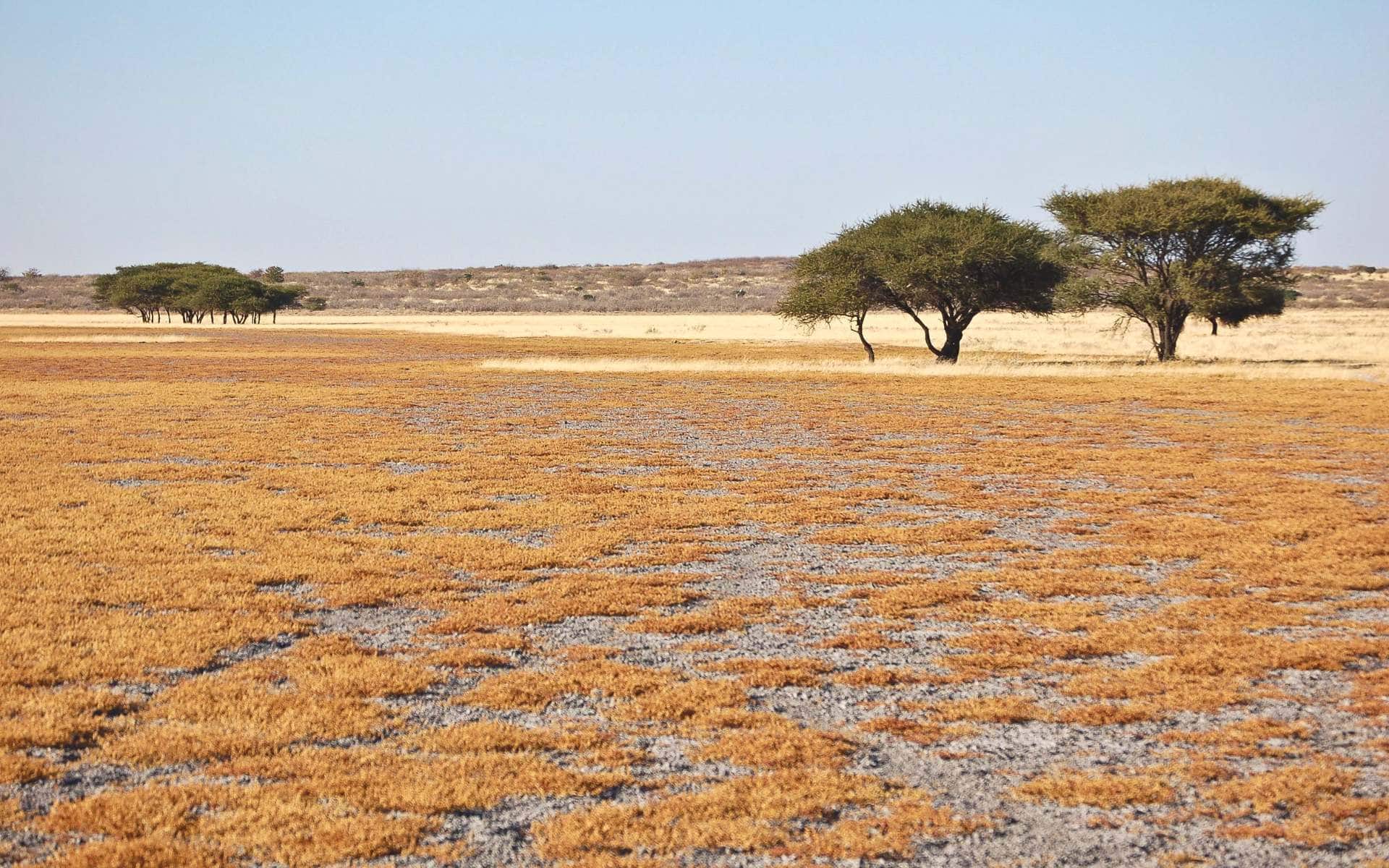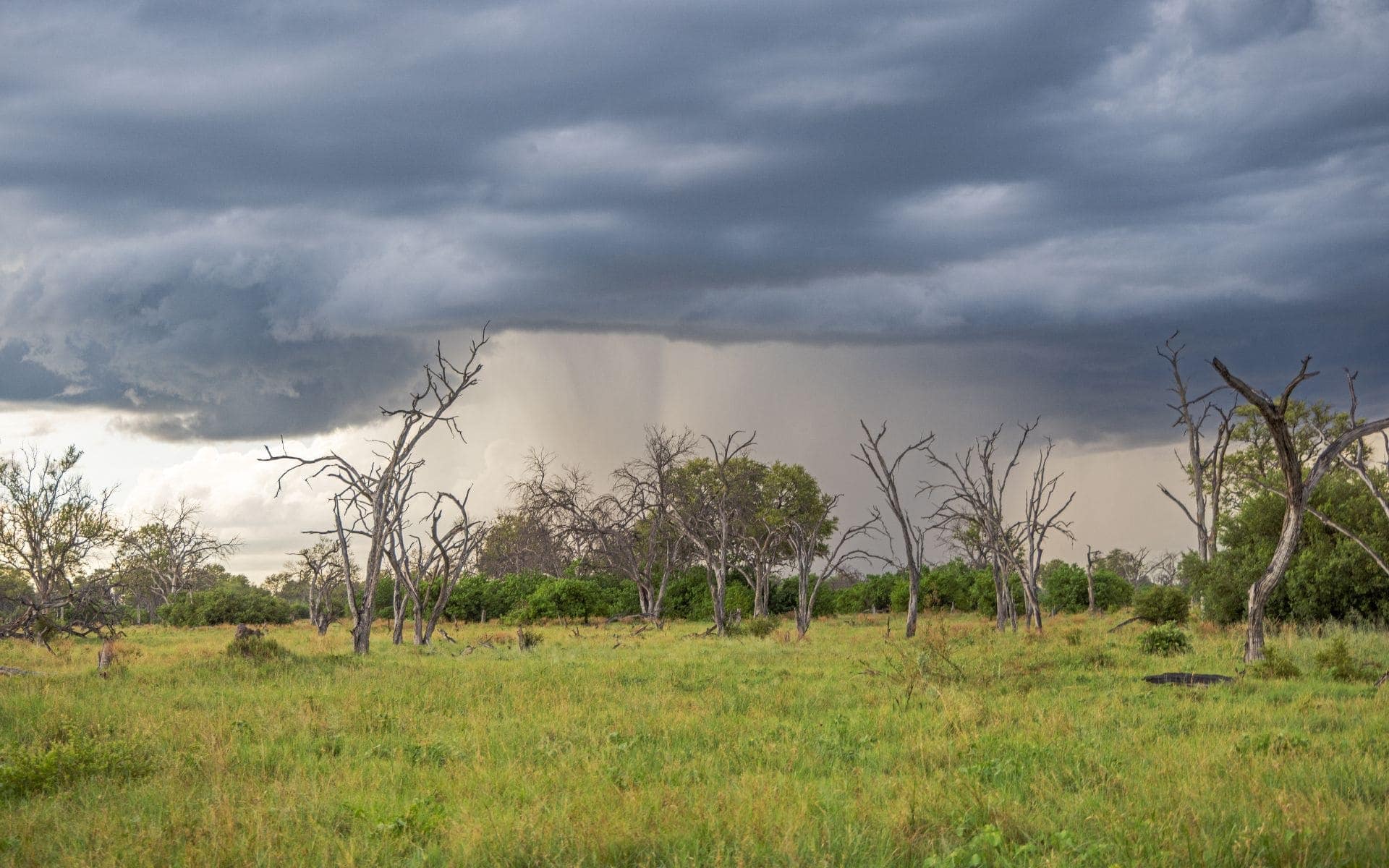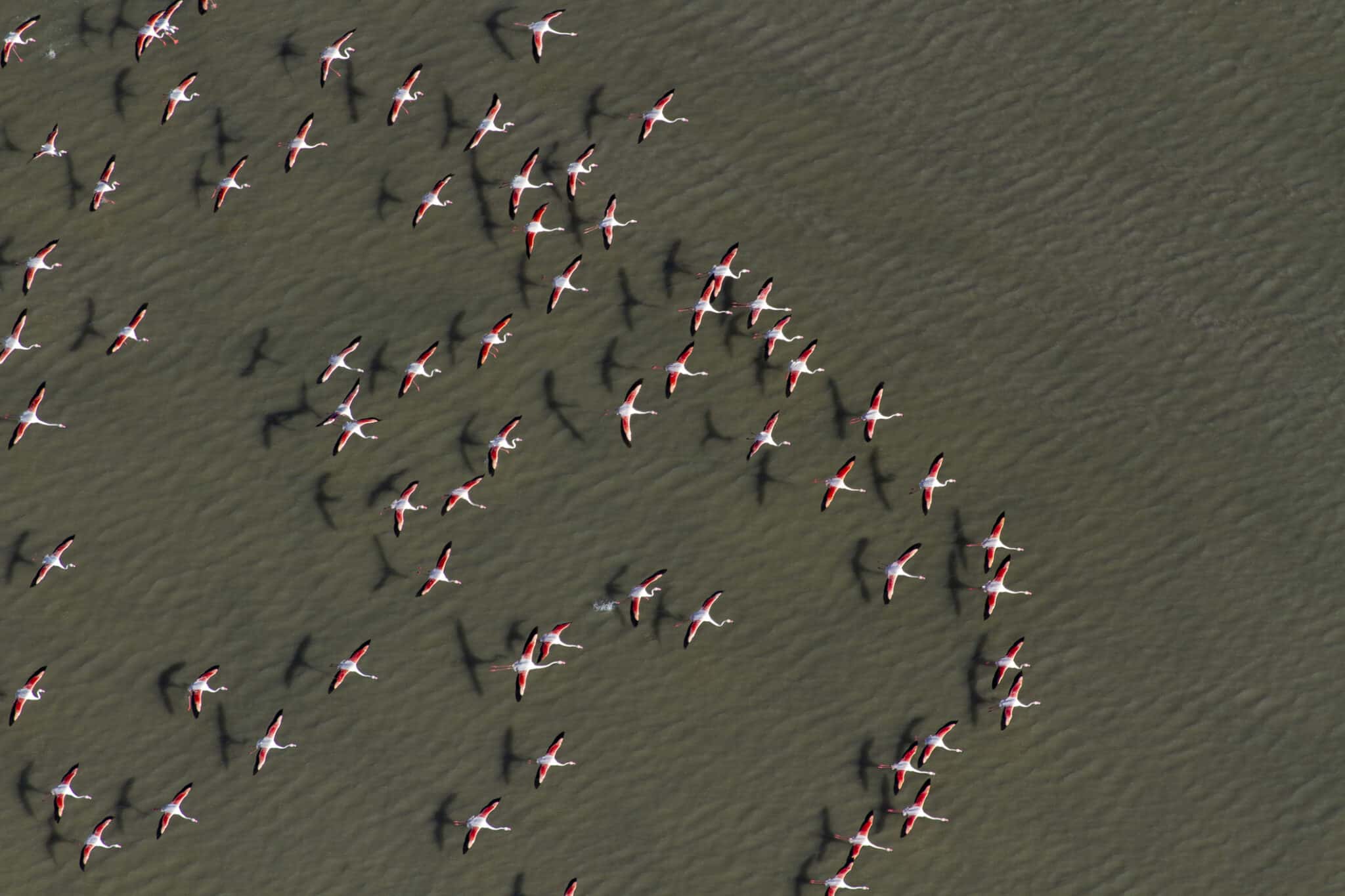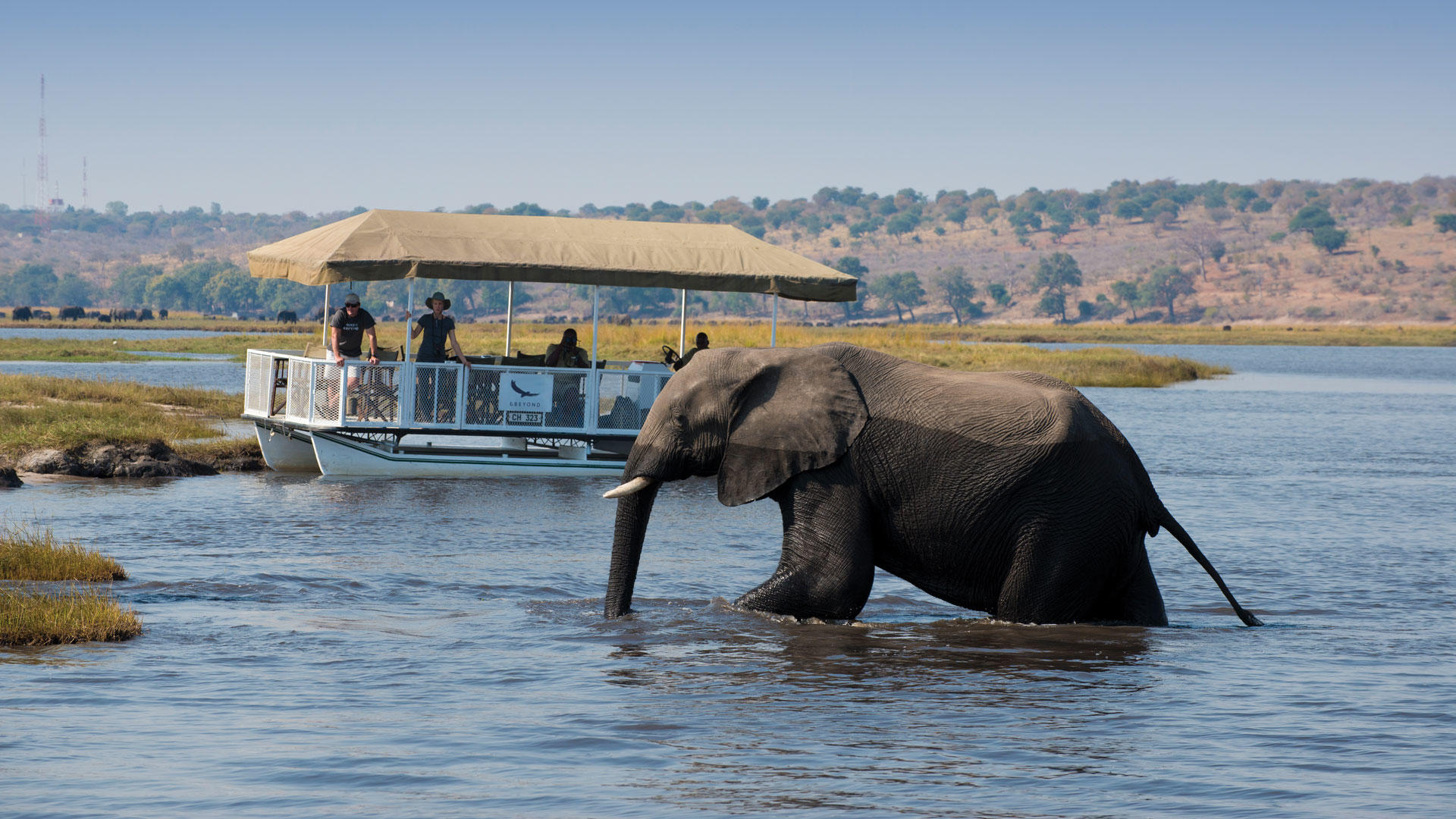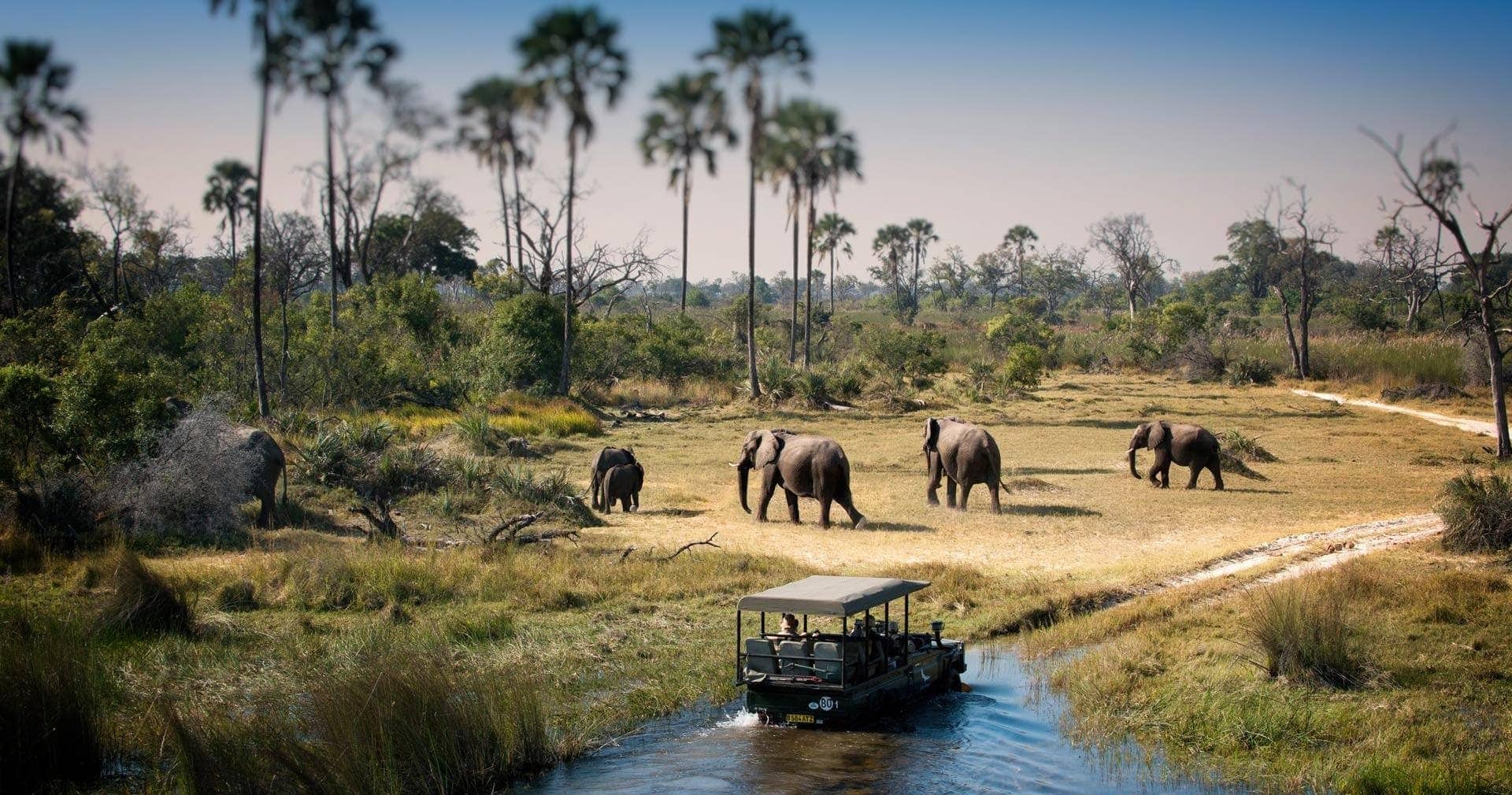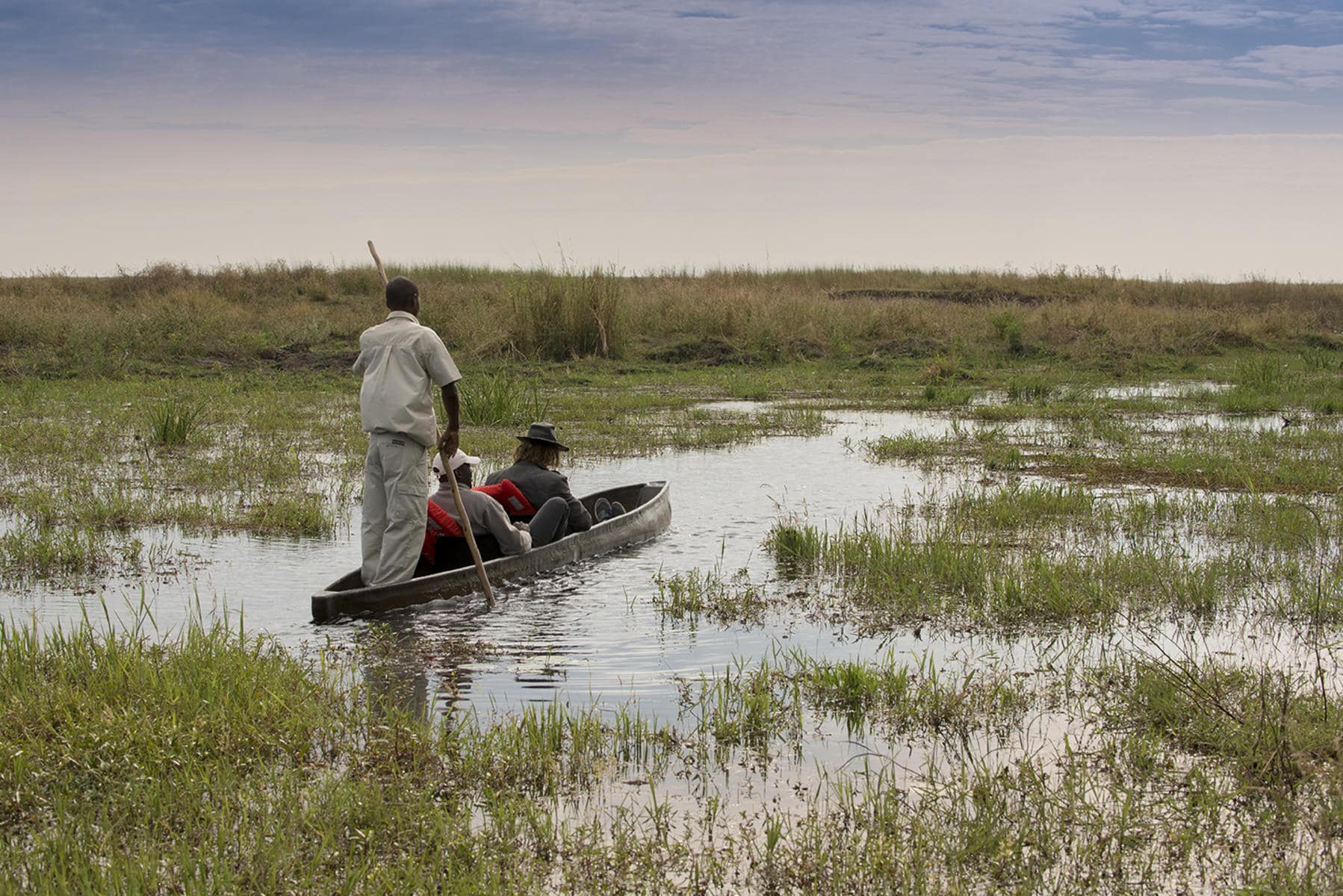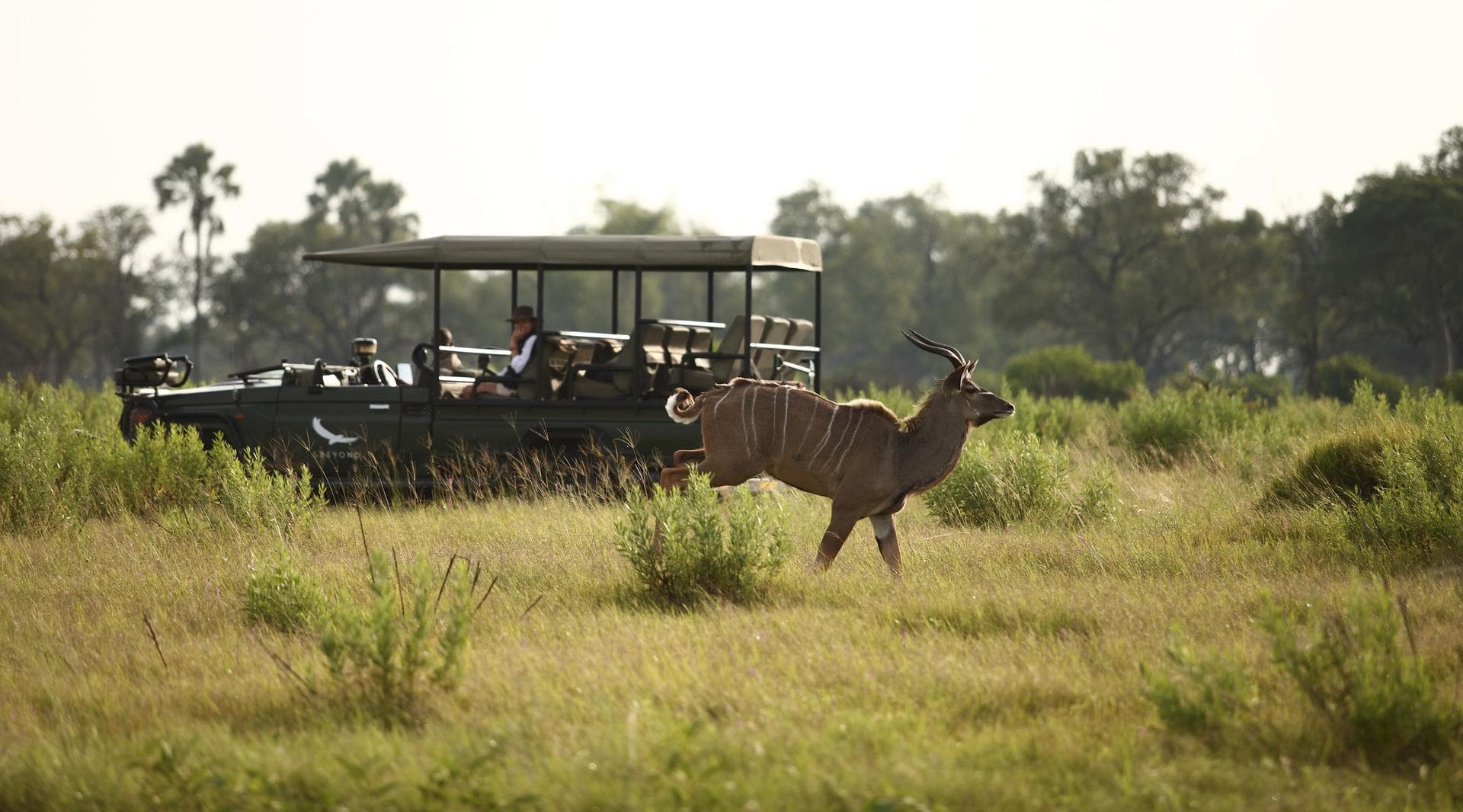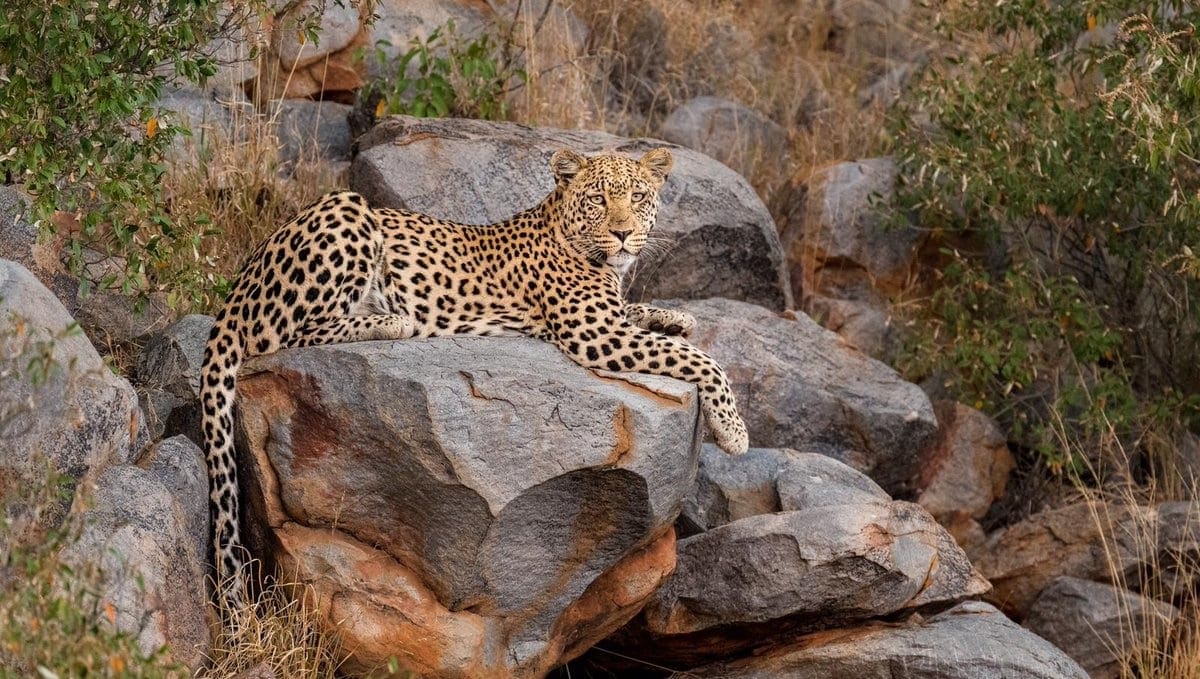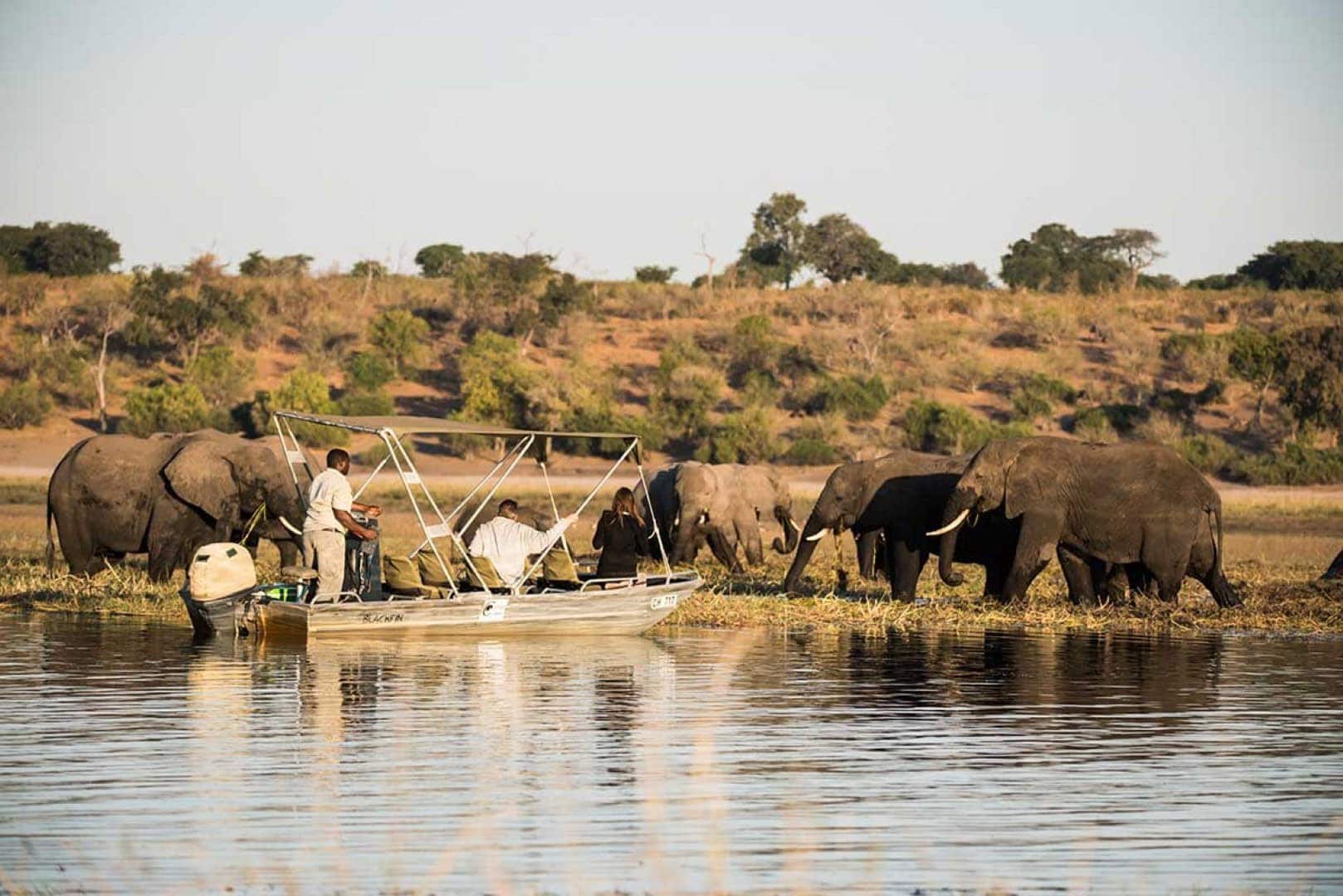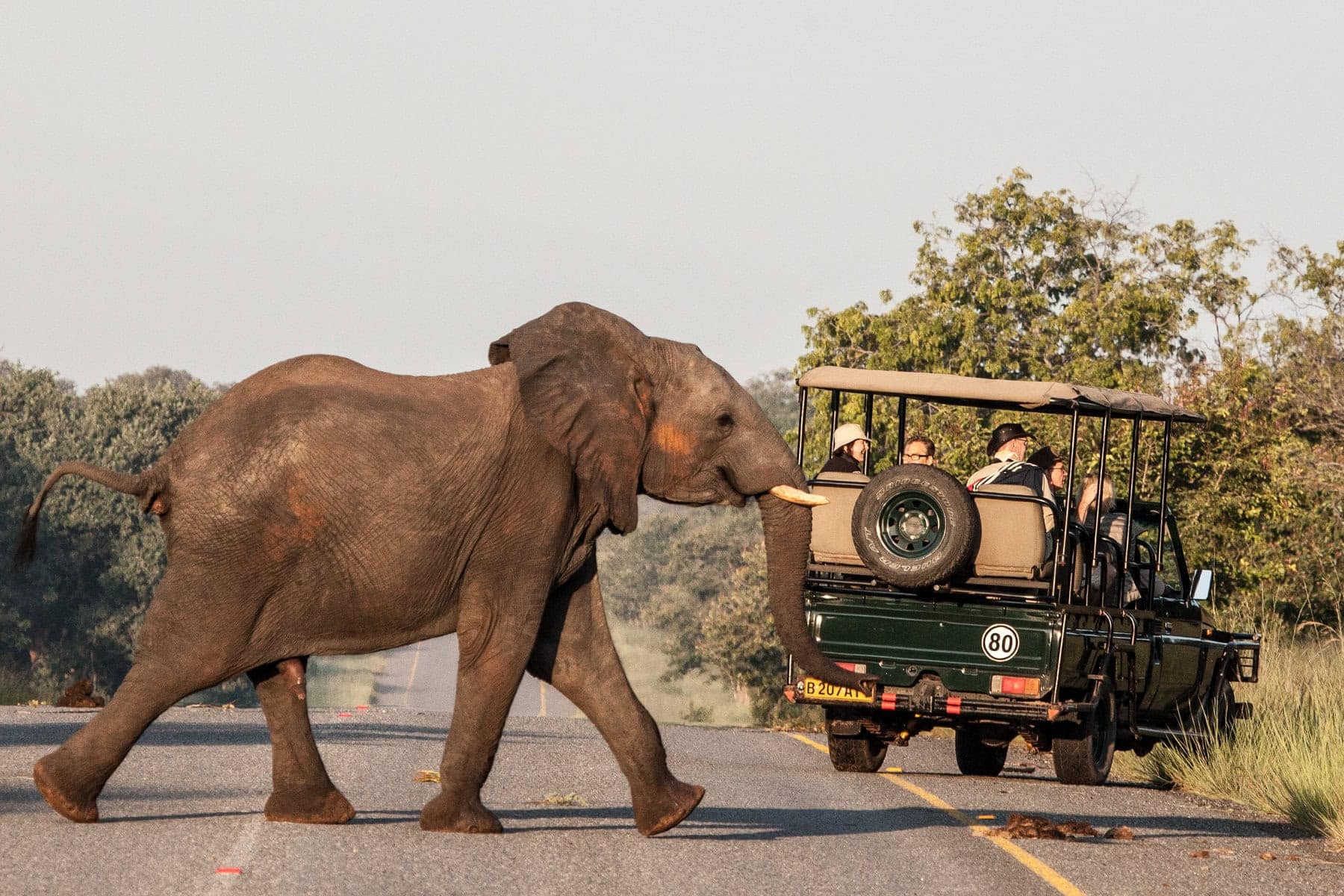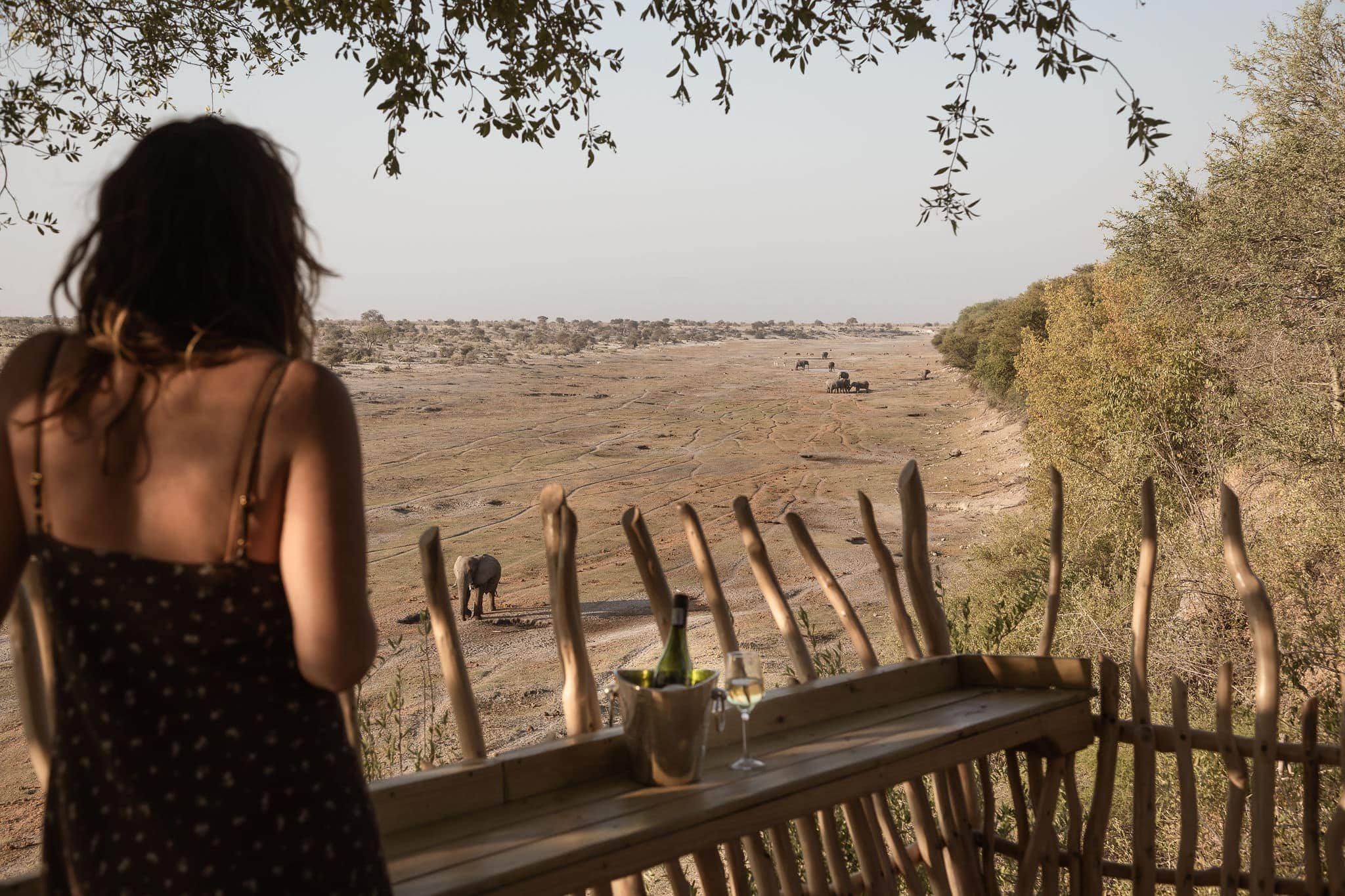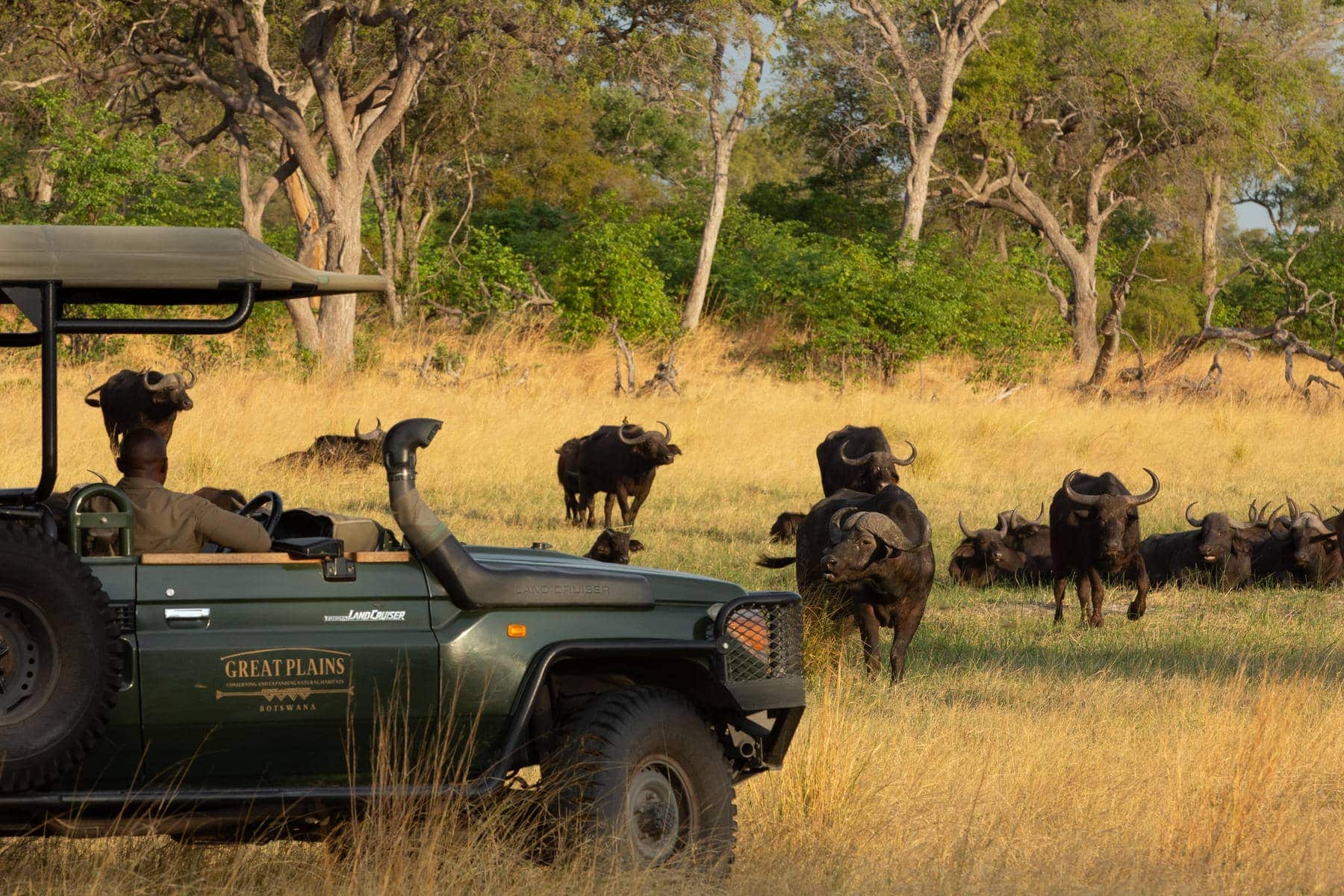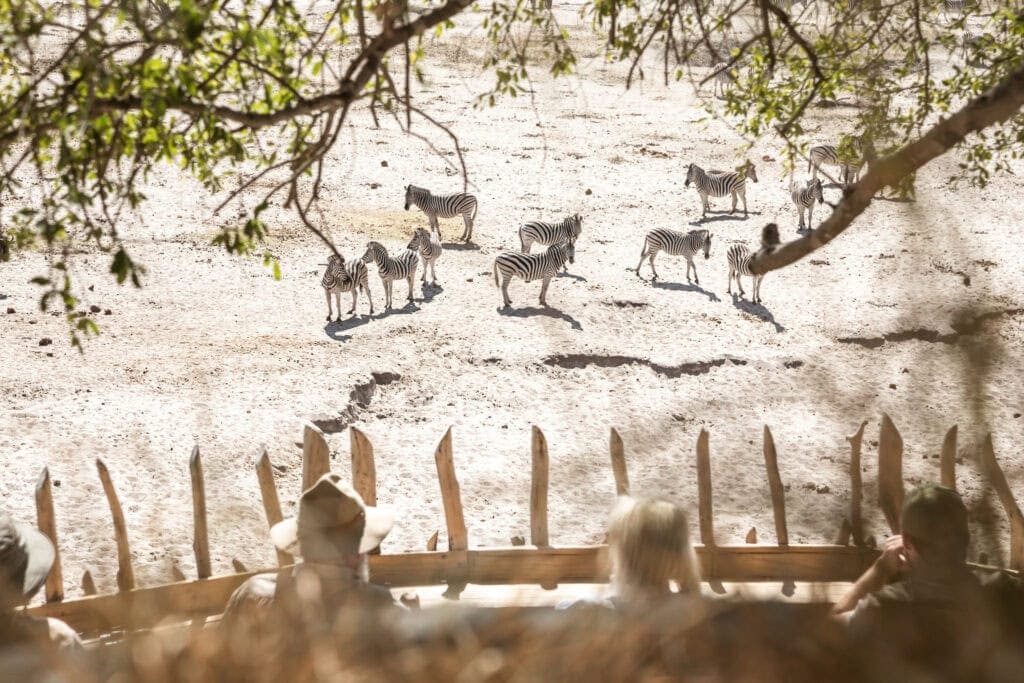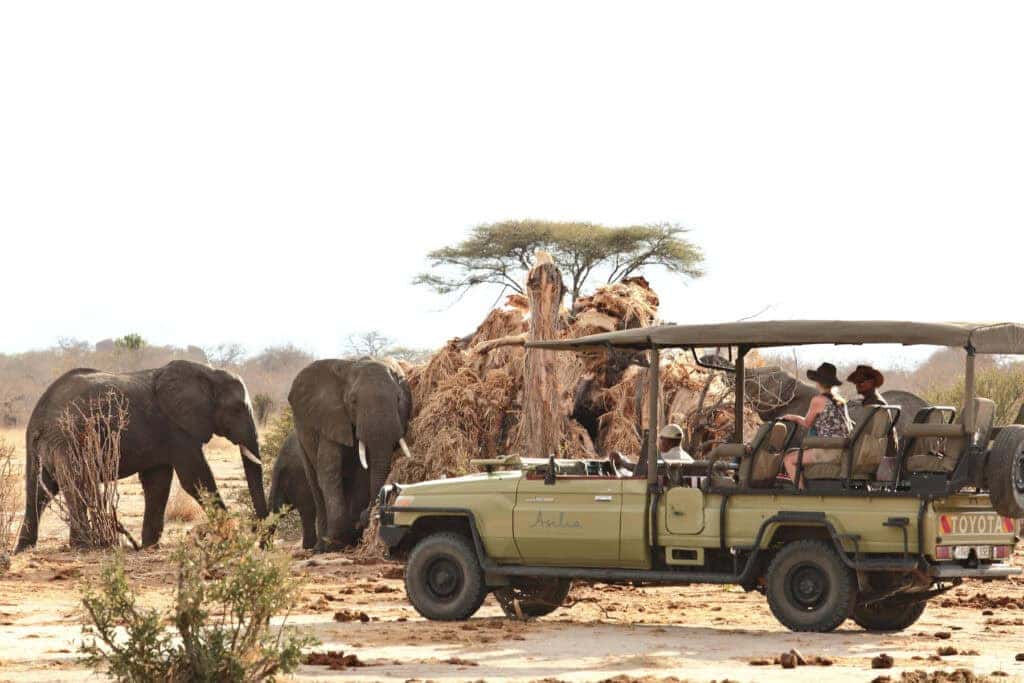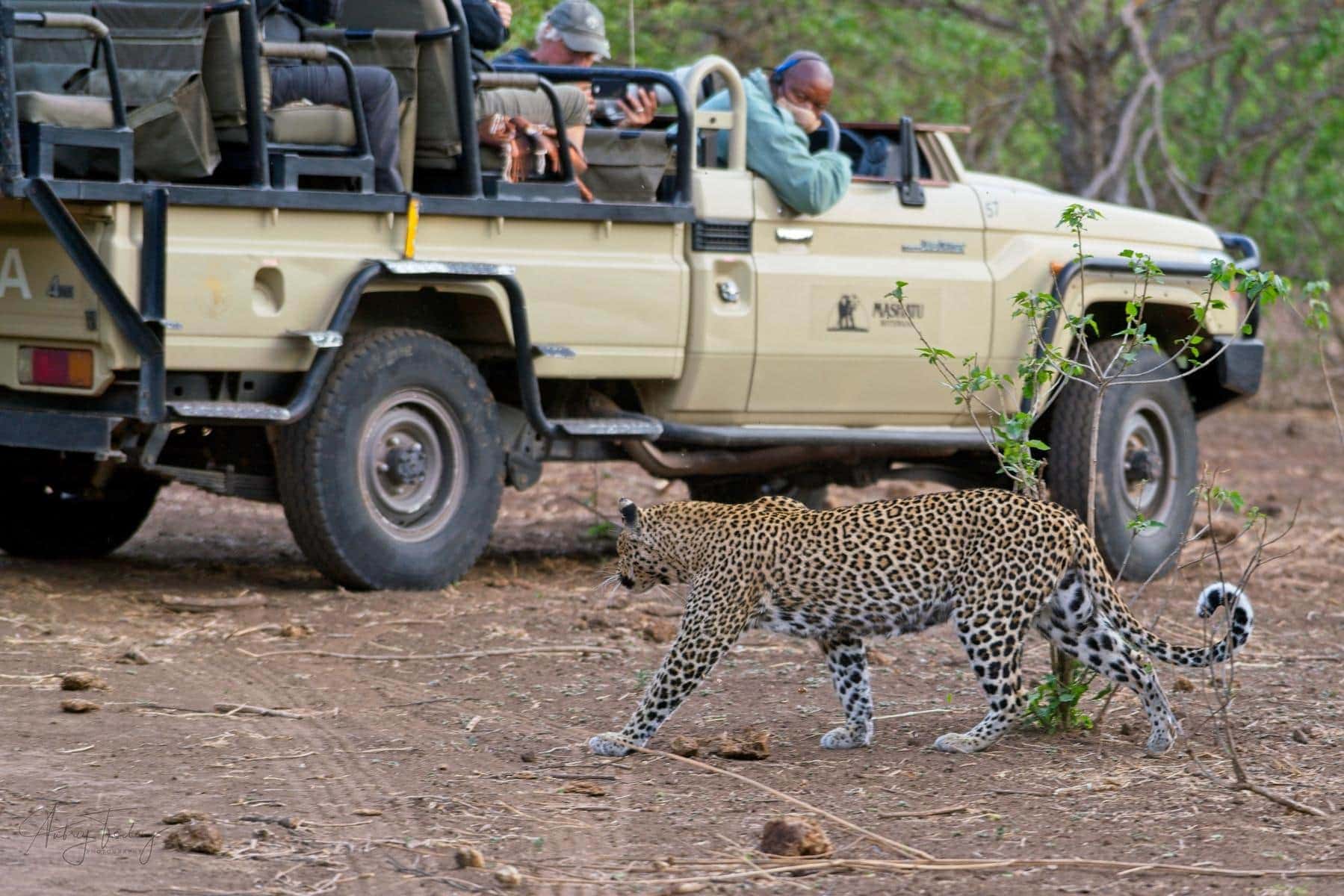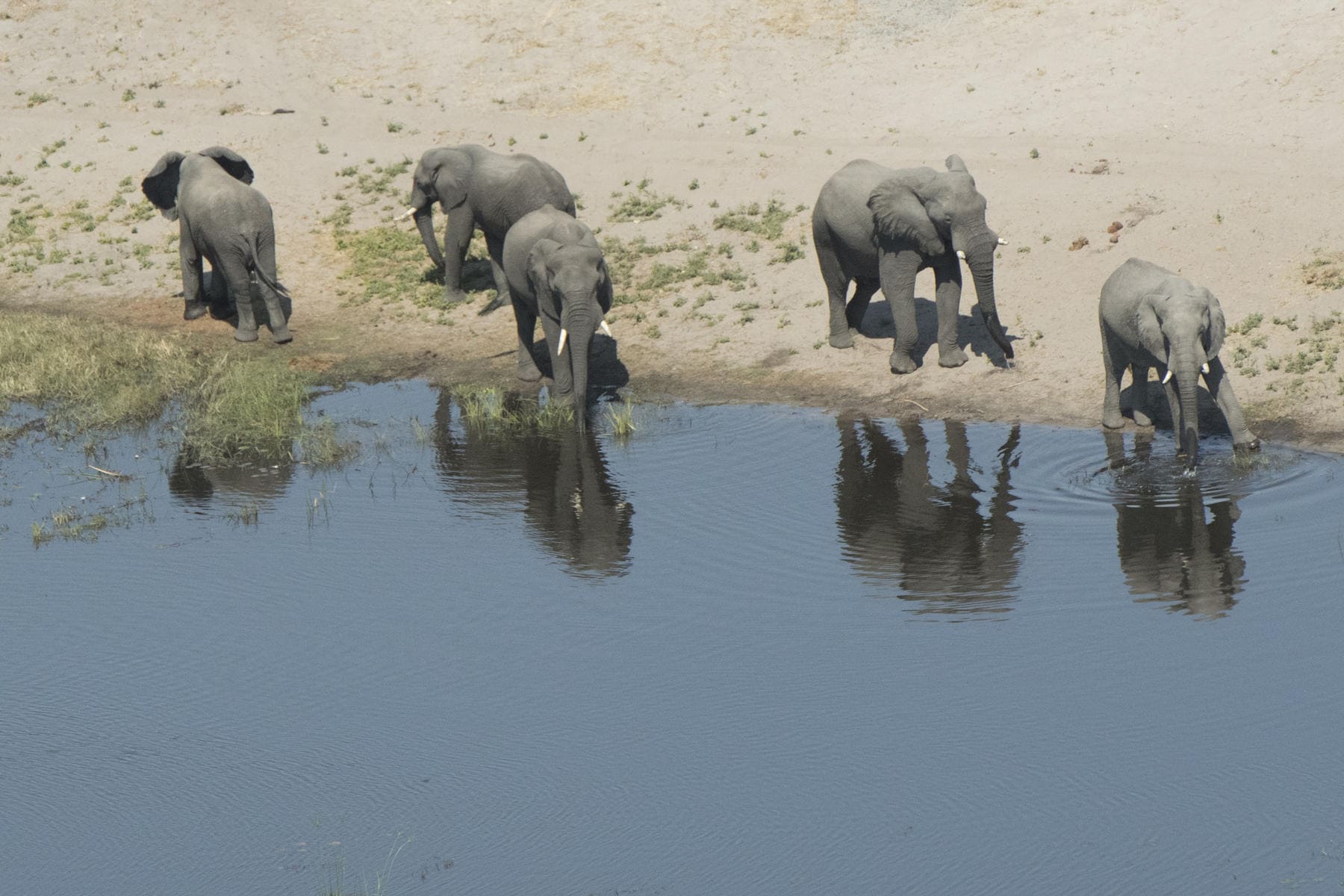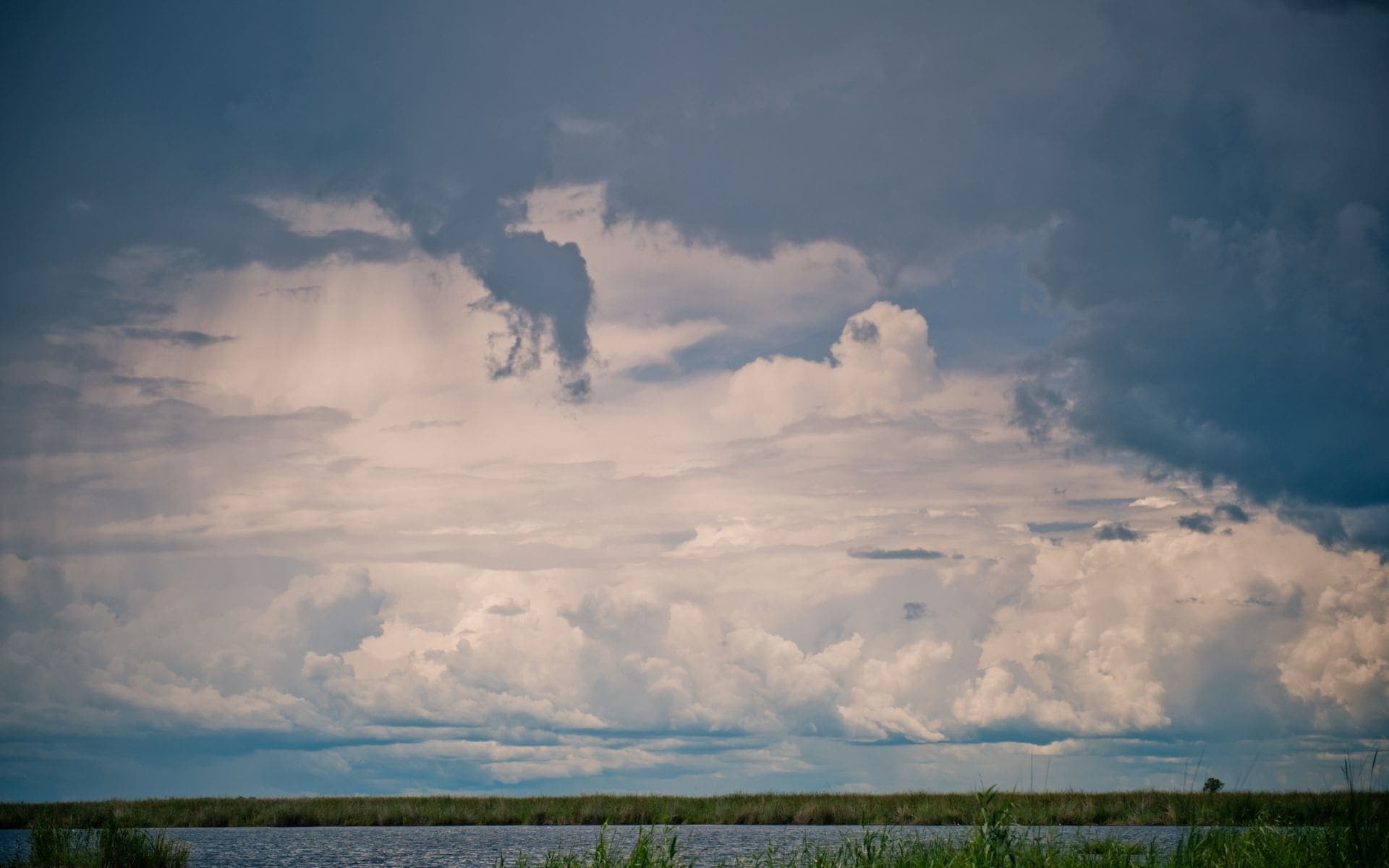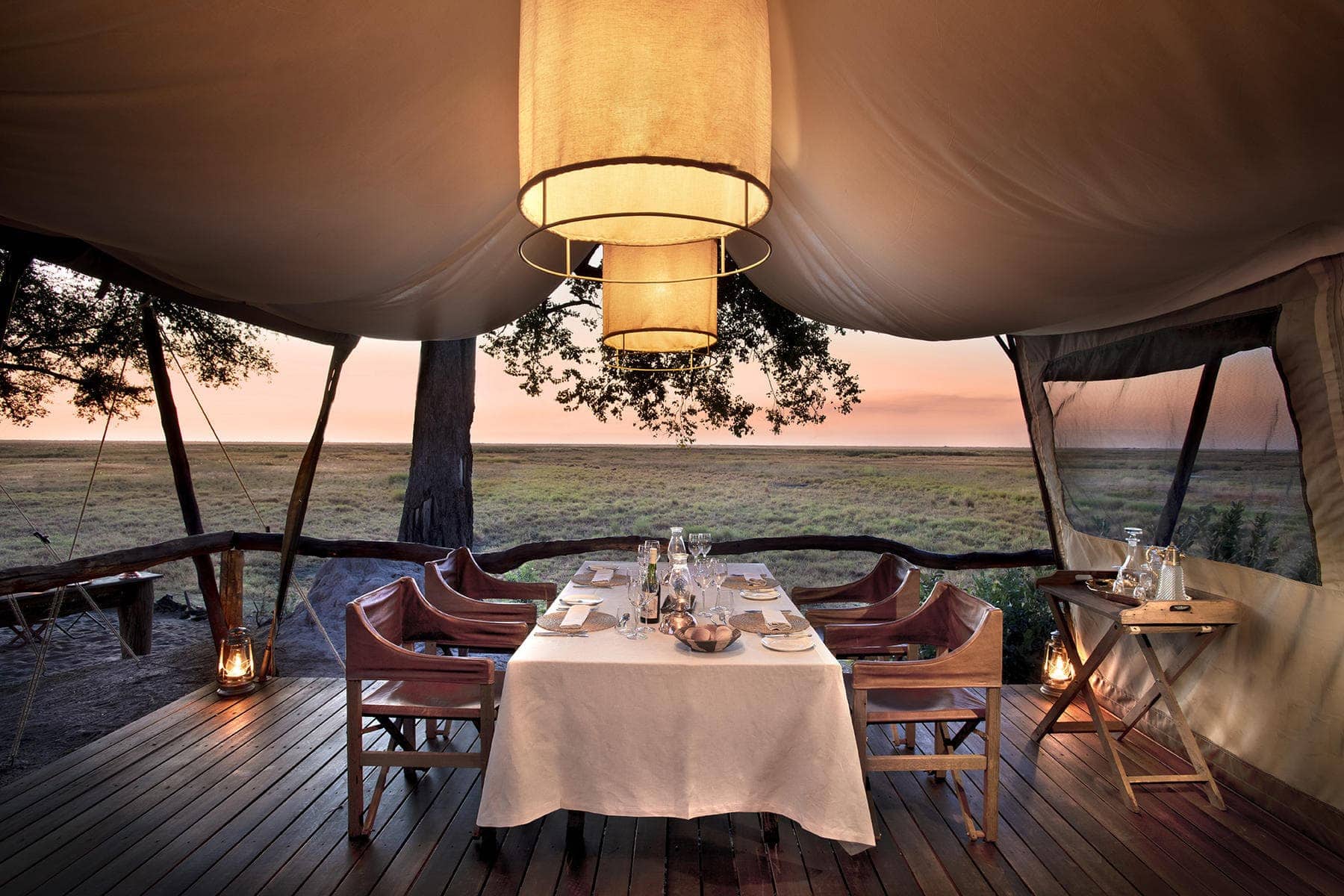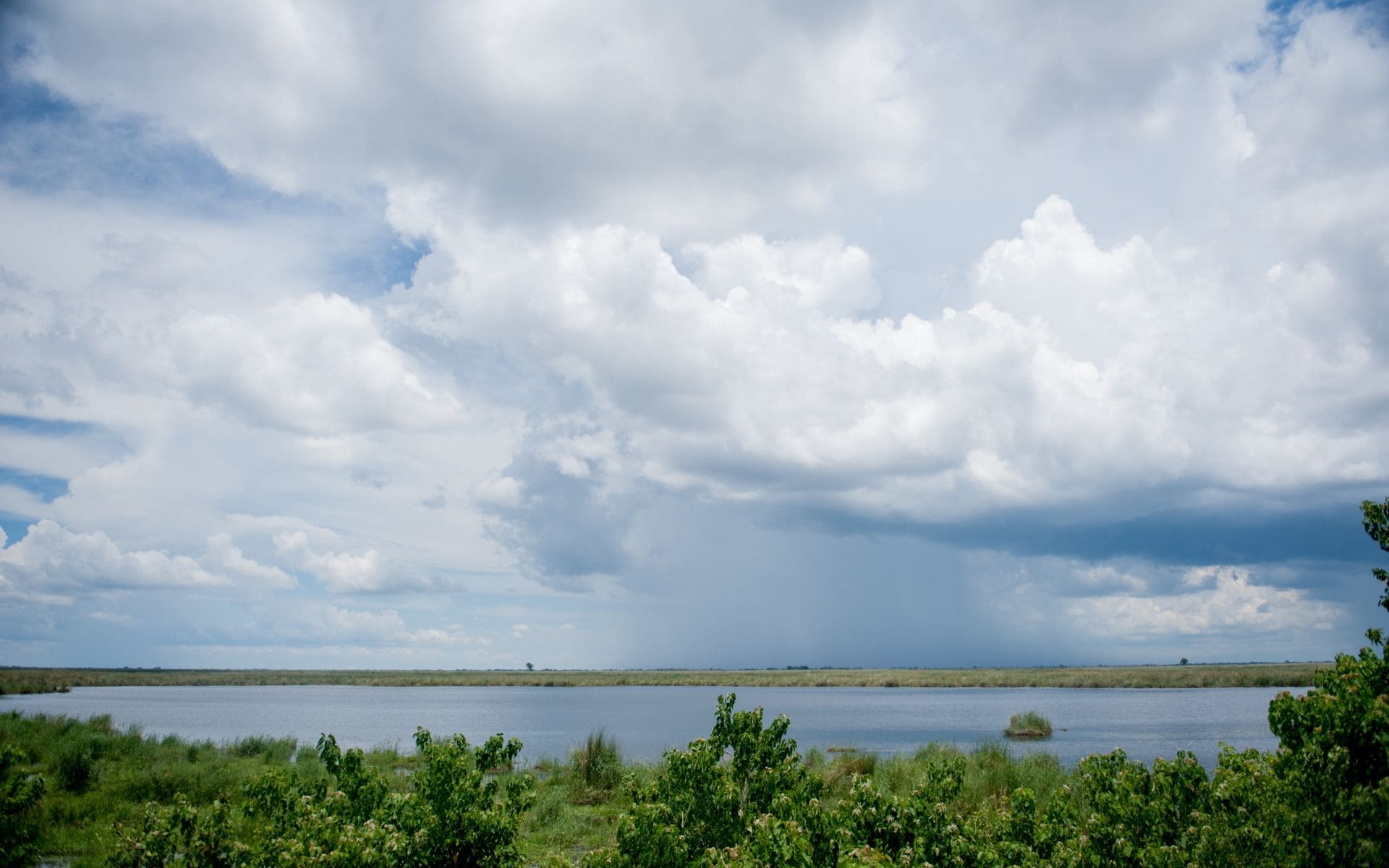Let the distant roar of lions be your alarm clock as the golden rays of dawn paint the savannah. Imagine the gentle sway of a mokoro canoe as you glide through the tranquil waters of the Okavango Delta, serenaded by a chorus of exotic birds. This is just a taste of the magic of a Botswana safari – can you picture it?
Botswana, a jewel of Africa, isn’t just a destination; it’s an experience that ignites the soul. Abundant wildlife, awe-inspiring vistas, and a steadfast commitment to conservation make it a haven for adventurers and dreamers alike. Picture vast herds of elephants silhouetted against the setting sun, elusive leopards melting into the shadows, and a star-studded night sky so clear it feels like you can reach out and touch the cosmos.
Whether you’re a seasoned photographer yearning for the perfect shot of a majestic lion or a traveller seeking tranquillity under a canopy of stars, a Botswana safari promises a once-in-a-lifetime journey into the heart of Africa’s untamed beauty.
